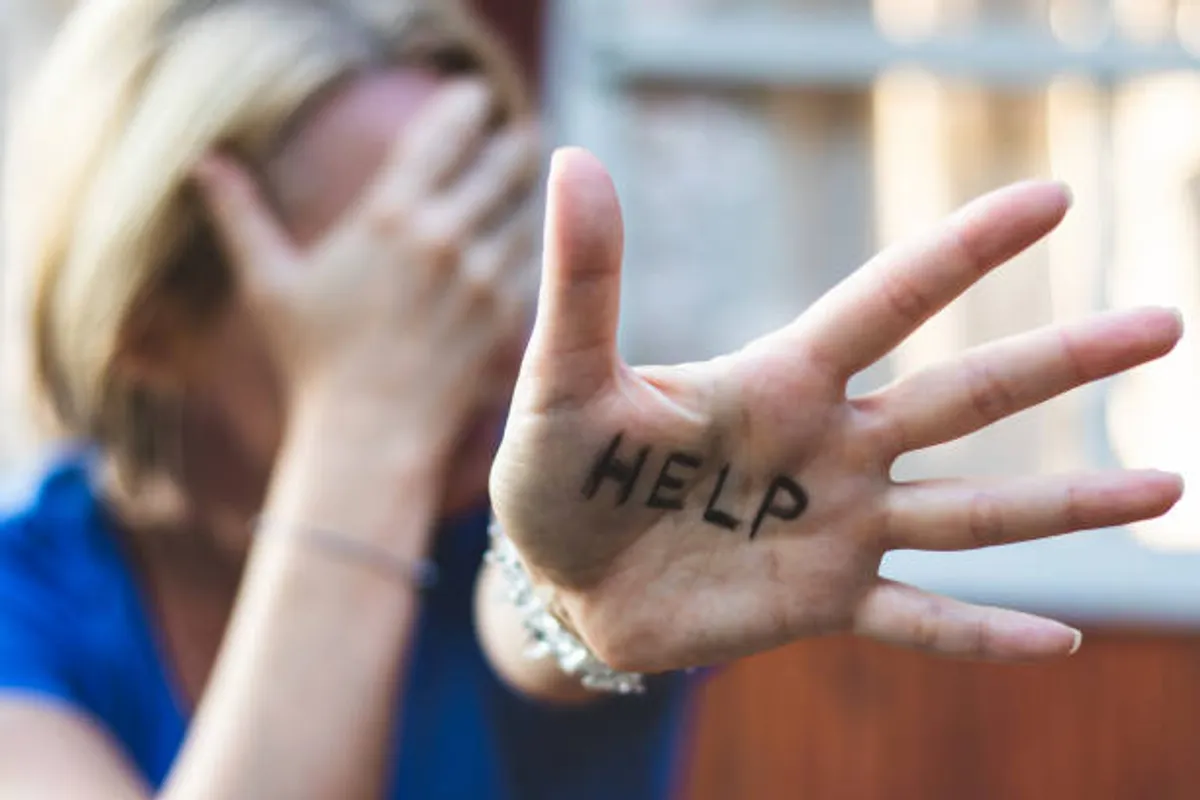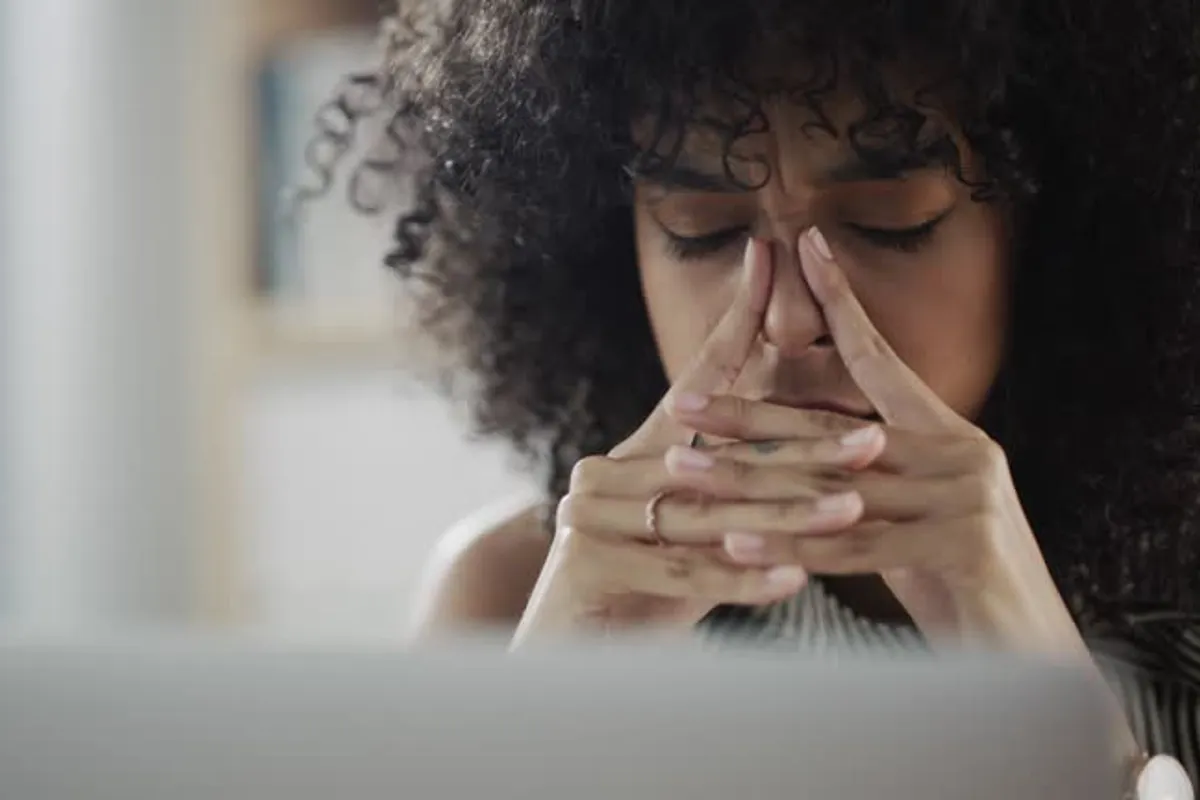Mental Health Tips for Teens: Coping with Stress and Anxiety

GeokHub

Teen life today is more intense than ever. From school pressure and social media expectations to personal struggles and uncertainty about the future, stress and anxiety can easily feel overwhelming. But the good news is: you’re not alone, and there are effective ways to manage it.
This guide shares real, practical mental health tips that teens can use to cope with daily stress, reduce anxiety, and feel more in control.
What Does Teen Stress and Anxiety Look Like?
Teen anxiety often shows up as:
- Trouble sleeping or concentrating
- Overthinking or constant worry
- Feeling overwhelmed, irritable, or on edge
- Avoiding friends, school, or favorite activities
- Physical symptoms like headaches, stomach pain, or racing heart
Everyone experiences stress differently—but learning how to cope early builds lifelong emotional strength.
1. Name What You’re Feeling
Start by recognizing and naming your emotions. Are you anxious, angry, sad, or just drained? Giving your feelings a name helps reduce their power and gives you clarity.
Try this: Write down how you feel once a day in a journal or notes app. It’s not about being perfect—it’s about being honest.
2. Learn How to Breathe Through It
When anxiety hits, your breath gets shallow and your body goes into stress mode. Calm it down by practicing slow, deep breathing:
- Inhale for 4 seconds
- Hold for 4 seconds
- Exhale for 4 seconds
- Hold again for 4 seconds
Repeat 3–5 rounds. It signals to your brain that you’re safe.
3. Take a Break from the Noise
Too much screen time—especially social media—can make anxiety worse. If you’re constantly comparing yourself or feeling drained, take a digital break.
- Mute toxic accounts
- Set app limits on your phone
- Try one “tech-free” hour a day for reading, walking, or music
4. Move Your Body
Exercise helps release endorphins (your brain’s natural stress relievers). You don’t need to run marathons—just move:
- Dance to your favorite song
- Go for a brisk walk
- Try 10-minute workouts on YouTube
- Stretch or do yoga in your room
Even a little movement helps your mind feel lighter.
5. Talk to Someone You Trust
Talking to a friend, parent, teacher, or counselor can make a huge difference. You don’t have to have it all figured out—just start with:
“I’ve been feeling really stressed lately. Can I talk to you about it?”
Real strength is asking for help when you need it.
6. Sleep Like It Matters (Because It Does)
Your brain needs rest to reset. Anxiety often feels worse when you’re sleep-deprived.
- Aim for 7–9 hours
- Avoid screens at least 30 minutes before bed
- Create a calming routine (light music, low lighting, reading)
Sleep is a secret weapon for mental health.
7. Be Kind to Yourself
You’re growing, learning, and facing more than many realize. It’s okay to feel anxious. What matters is how you respond to it.
Practice self-compassion:
- Replace “I’m a mess” with “I’m doing my best”
- Celebrate small wins
- Give yourself credit for showing up—even when it’s hard
When to Get Extra Support
If your anxiety feels unmanageable or doesn’t go away, it’s okay to seek help. A therapist or mental health counselor can teach you skills to manage it. Mental health is just as important as physical health—and asking for support is a sign of strength, not weakness.
Anxiety and stress are part of life, but they don’t have to control you. By building small daily habits—breathing, moving, resting, talking—you’re already taking steps to take care of your mind.
You matter. You’re not alone. And it’s okay to take things one breath, one day at a time.








